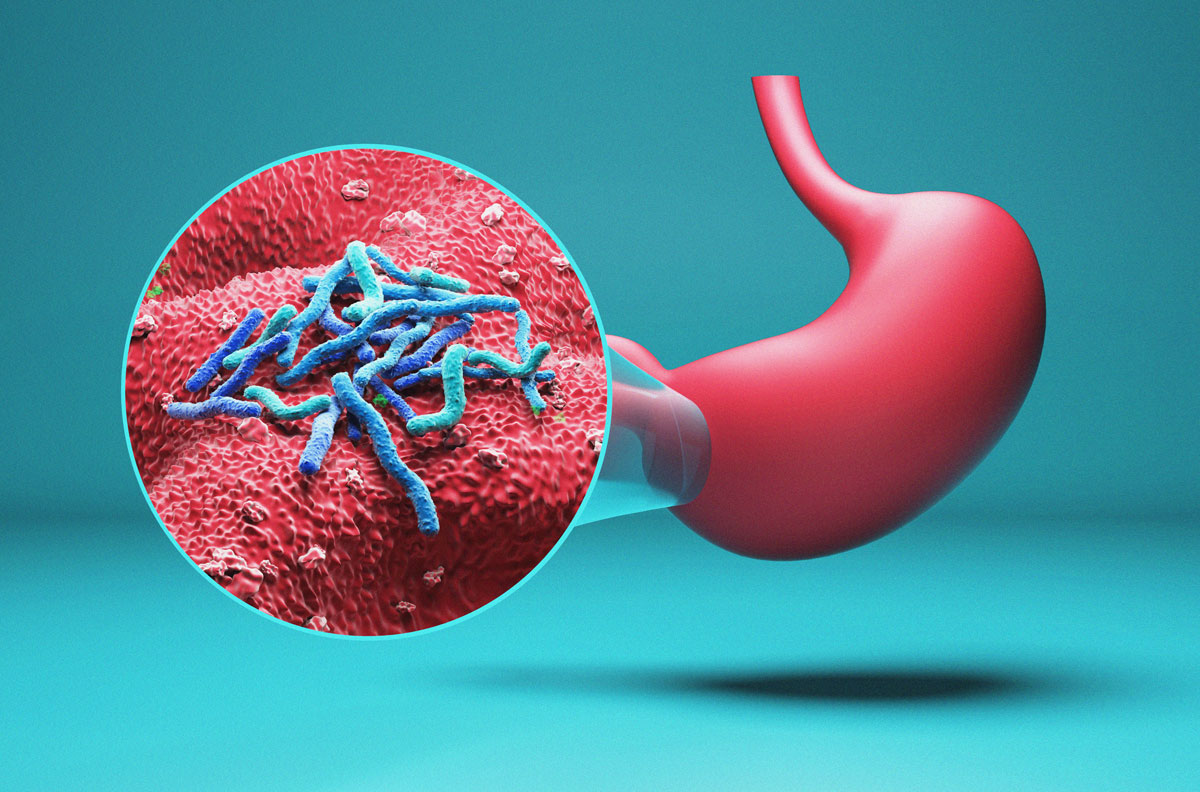We use cookies to enhance your browsing experience and analyze the performance of our website. By clicking Continue, you agree to the use of cookies. For more information, please see our Privacy Policy or update your Cookie Preferences.


For functional medicine practitioners, comprehensive stool testing is a cornerstone of root-cause analysis. The GI Effects Comprehensive Stool Profile evaluates digestion, inflammation, microbial balance, and infection in the gut ecosystem. One of the most clinically relevant pathogens that can be added to this profile is Helicobacter pylori, a bacterium with far-reaching implications beyond the stomach.
But when does it make sense to add H. pylori testing and when might it be unnecessary?
Although the link between H. pylori and peptic ulcer disease is well known, its clinical relevance extends much further. H. pylori colonization has been associated with:
Testing for H. pylori becomes particularly important when patients present with upper GI symptoms like bloating, belching, nausea, reflux, or epigastric pain - especially if those symptoms persist despite dietary and lifestyle interventions.
H. pylori testing via stool antigen offers a non-invasive, validated EIA assay that detects active infection, unlike serum antibodies which only indicate past exposure.
Consider adding H. pylori when your patient presents with... |
You might not need it if your patient has... |
|---|---|
|
⚠ Routine H. pylori testing in asymptomatic individuals is not universally recommened, unless there is a compelling family history of gastric cancer or autoimmune disease. |
Adding H. pylori testing to the GI Effects profile can provide a more complete picture in patients with upper GI symptoms, unexplained nutrient deficiencies, or signs of immune dysregulation. It empowers early, targeted treatment strategies that can prevent more serious complications down the line.
When in doubt, remember that stool antigen testing detects active infection, making it a strategic and practical choice when you're seeking answers in complex GI cases.
This article is for educational purposes only and is not medical advice or a substitute for professional diagnosis or treatment.